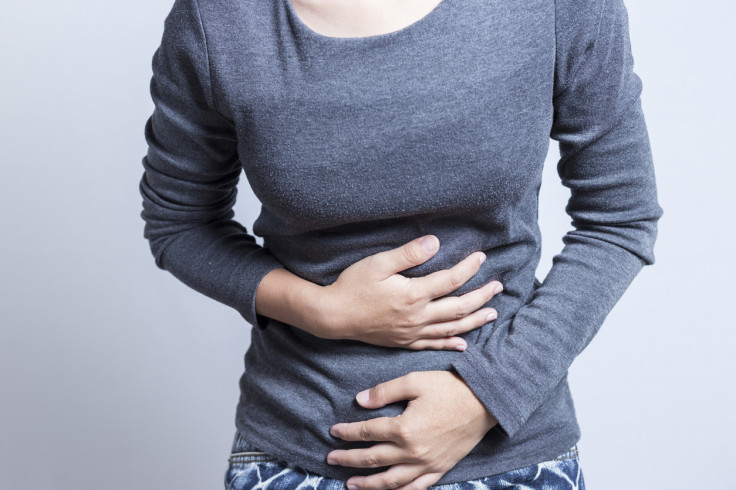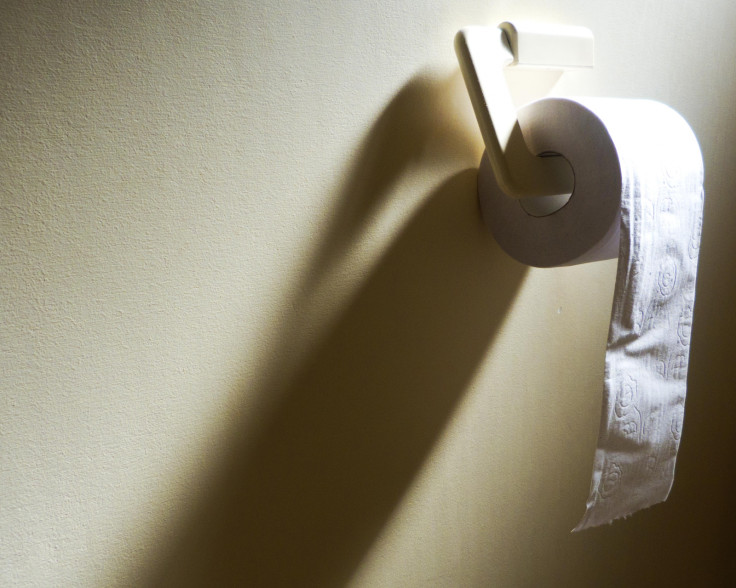How diarrhoea could save your life
It's just your body's way of trying to help when you have an infection.

It turns out that making runny poo is one of your body's top tactics in fighting infections. Diarrhoea might not be much fun, but keeping infectious disease-causing bacteria inside you isn't a good idea either.
Believe it or not, diarrhoea has been a hot topic of conversation among medical scientists for decades. Is it a way for your body to flush out toxins quickly and help you recover from illness? Or is it a nasty symptom induced by the invading pathogen to weaken your body's ability to fight back?
Although it's unpleasant for everyone, in some developing countries diarrhoea is a major cause of death, particularly among children. A recent study found that half a million children a year die from it because they can't be treated with the fluids and salts to replenish the lost water.
A study in the journal Cell Host and Microbe has found the first strong evidence that diarrhoea is an effort by the body to rid itself of dangerous microorganisms in the gut.
"The hypothesis that diarrhoea clears intestinal pathogens has been debated for centuries," said study author Jerrold Turner of Brigham and Women's Hospital in the US. "We sought to define the role of diarrhoea and to see if preventing it might actually delay pathogen clearance and prolong disease."
First of all, they looked at the key mechanism by which diarrhoea is made. Ordinarily, the walls of the gut don't allow much water from the body to leak into the intestinal tract. But when presented with an infection, the guts release a lot of water into the tract, thus creating runny faeces.
The researchers studied the guts of mice who had been given the rodent equivalent of an E. coli infection. The signal that triggers the transformation of the gut wall is a molecule called interleukin-22, Turner and his team discovered. This is a molecule released when immune cells sense that a harmful bacterium has invaded the body.
When interleukin-2 bind to a cell in the lining of the intestines, it made them create another molecule called claudin-2. Higher levels of claudin-2 opened up the channels through the lining, allowing water to flush through.
The scientists observed what happened to mice that expressed too much claudin-2, those that could not express claudin-2 at all, and ordinary mice.
The mice that could not express claudin-2 – and therefore wouldn't get diarrhoea when they had an infection – suffered very severely from the bacterial infection in their gut. They were simply unable to flush it out on demand, and so their bodies had to fight extraordinarily hard to clear the infection by other means.

"Their immune system went crazy trying to clear this infection – it couldn't," Turner told Gizmodo.
Eventually, after 11 days of sickness, the mice's intestinal wall began to break down. This allowed diarrhoea of a much more destructive kind to take place, finally helping to shift the infection.
"People are working on drugs to prevent diarrhoea. But this tells us that... you have to be careful about it," Turner said.
One of the most important ways to treat diarrhoea is to replenish the salts and water being lost so dehydration doesn't set in. Blocking it entirely can make the infection much worse, Turner said.
So next time you're suffering on the toilet, take comfort – diarrhoea could be the lesser of two evils.
© Copyright IBTimes 2025. All rights reserved.






















